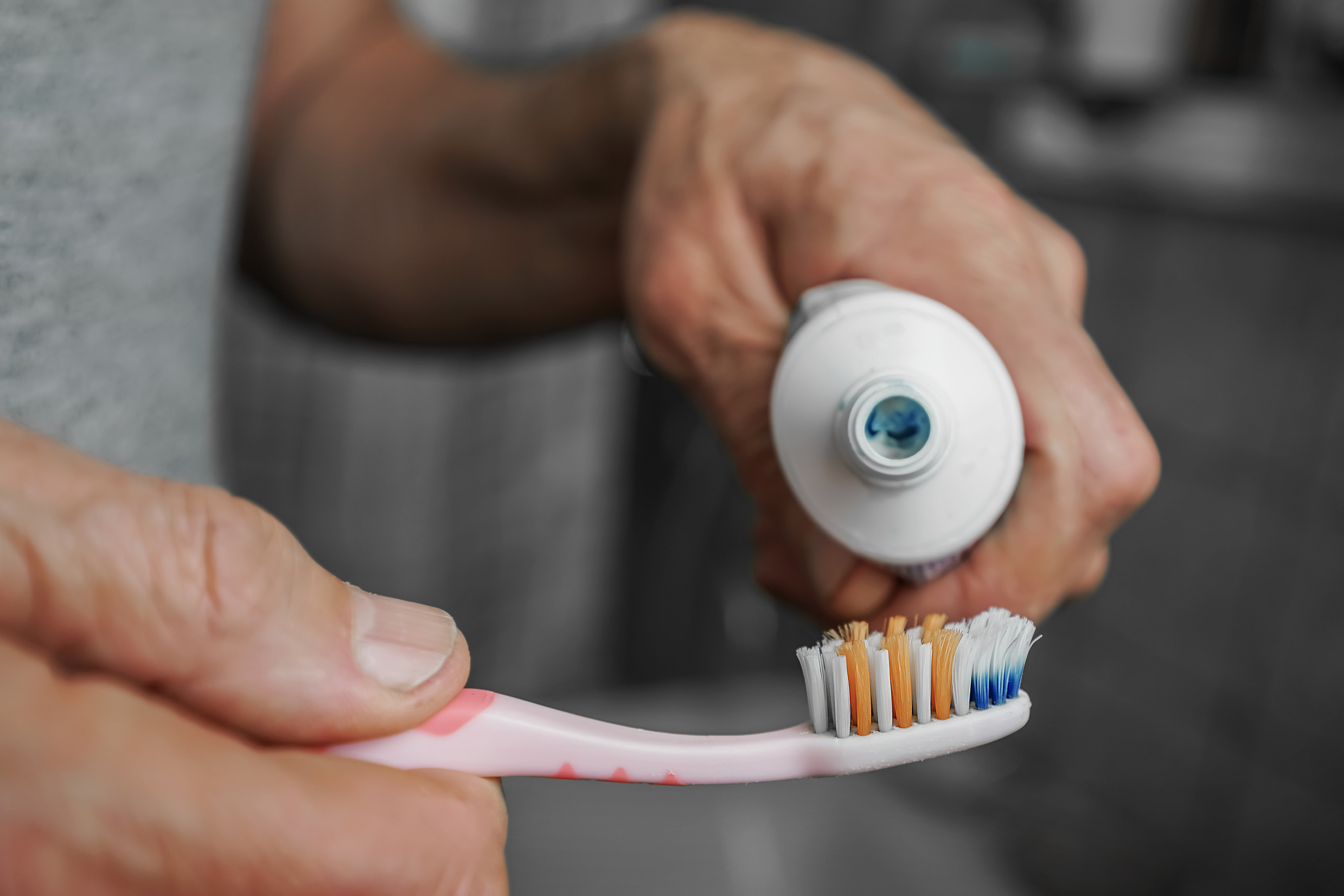

When you take good care of your teeth and gums, you’re preserving much more than your dental health…
Studies have found links between poor oral health and conditions ranging from severe COVID-19 infection to diabetes and kidney disease and, especially, heart disease.
Other research has shown that not brushing your teeth well, and skipping out on dental visits to remove plaque, missing teeth and gum disease are all factors that contribute to increased stroke risk.
This led the American Stroke Association, a division of the American Heart Association, to look more closely into how dental health impacts brain health.
And considering that 3 in 5 Americans will develop a brain disease in their lifetime, it makes sense to modify any behavior that can help you keep your memory and critical thinking skills working in tip-top shape…
Bad oral health linked to bad brain health
Clearly, the mouth is a gateway to health or disease.
But according to study author Cyprien Rivier, M.D., M.S., a postdoctoral fellow in neurology at the Yale School of Medicine, “What hasn’t been clear is whether poor oral health affected brain health, meaning the functional status of a person’s brain, which we are now able to understand better using neuroimaging tools such as magnetic resonance imaging or MRI.
“Studying oral health is especially important because poor oral health happens frequently and is an easily modifiable risk factor — everyone can effectively improve their oral health with minimal time and financial investment.”
To that end a team of researchers analyzed the potential link between oral health and brain health among 40,000 UK Biobank enrollees with an average age of 57 who had no history of stroke.
The participants were screened for 105 genetic variants known to predispose a person to cavities, dentures and missing teeth later in life. Then, researchers evaluated the relationship between these genetic risk factors for poor oral health and brain health.
Using MRI, the researchers were able to assess signs of poor brain health, mainly white matter hyperintensities and microstructural damage.
According to the analysis, people who were genetically prone to cavities, missing teeth or needing dentures exhibited a 24 percent increase in the amount of white matter hyperintensities visible on the MRI images. This means their burden of silent cerebrovascular disease was higher and so was their risk for impaired memory, balance and mobility.
Also, those with overall genetically poor oral health showed a 43 percent change in microstructural damage to the fine architecture of the brain.
Genetics versus healthy habits
Cerebrovascular disease refers to a group of conditions that affect blood flow and the blood vessels in the brain. Problems with blood flow may occur from blood vessel narrowing, clot formation, artery blockage or blood vessel rupture.
If that’s not incentive enough to ramp up the care of your mouth, I’m not sure what is. But what about the genetic factor researchers included in this study?
As previous studies diving into genetics and health conditions have shown, lifestyle habits make a significant difference…
Joseph P. Broderick, M.D., FAHA, a professor at the University of Cincinnati Department of Neurology and Rehabilitation Medicine and director of the University of Cincinnati Gardner Neuroscience Institute in Cincinnati, Ohio, adds “Environmental factors such as smoking and health conditions such as diabetes are much stronger risk factors for poor oral health than any genetic marker — except for rare genetic conditions associated with poor oral health, such as defective or missing enamel.”
So instead of worrying about any genetic factors that could increase your risk of dental problems, focus on taking care of your mouth. Keep brushing your teeth at least twice a day, floss at least once a day and visit the dentist at least twice a year for a cleaning and checkup.
If you’re a smoker or smokeless tobacco user, you need to stop. Both these activities raise your risk of gum disease, and smokeless tobacco use can also increase your risk of tooth decay and tooth loss.
Sources:
Poor oral health may contribute to declines in brain health — American Heart Association
Genetics and Oral Health — American Dental Association
Smokeless Tobacco: Health Effects — Centers for Disease Control and Prevention
Diabetes and Oral Health — Centers for Disease Control and Prevention
